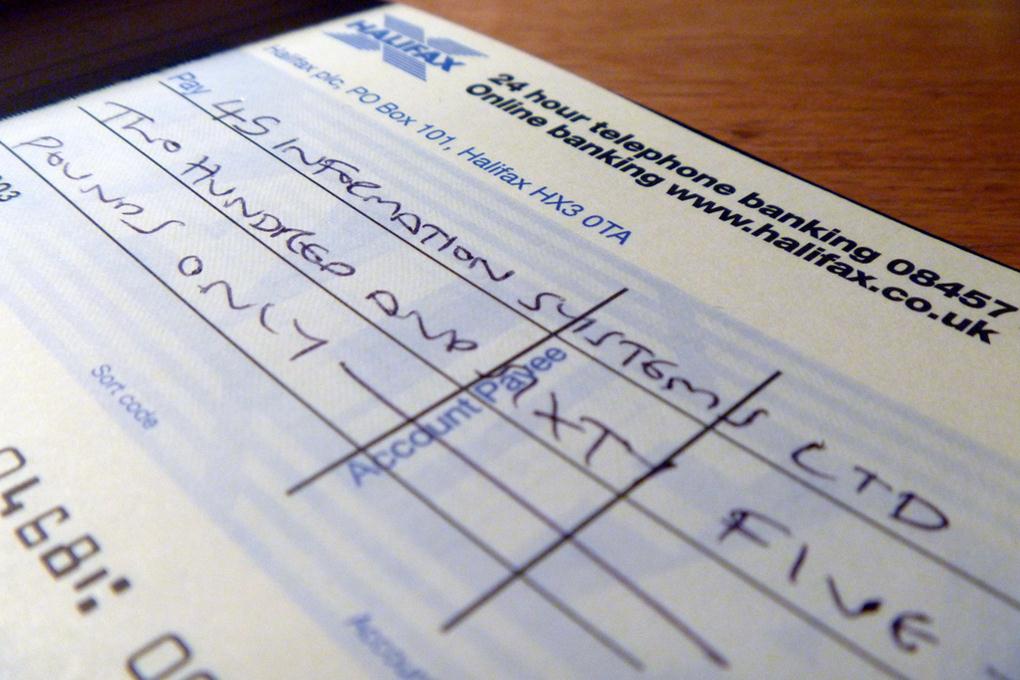You may end up declaring bankruptcy during a financial crisis, but it shouldn’t be taken lightly. This pros and cons list may help you discover whether filing for Chapter 7 or Chapter 13 bankruptcy is fitting for your situation.
Pros of Declaring Bankruptcy
- Collections Stopped: Filing for bankruptcy stops all collection actions by creditors. This can include foreclosures, repossessions, and garnishment. It may also prevent your bank accounts or paychecks from being garnished if a collector is threatening to do so. Once you’ve filed, your attorney will handle and shield you from all incoming inquiries.
- Pay Off Debt: Chapter 13 Bankruptcy allows you to keep your possessions and stretch out your debt payments to reduce the amount and make it more affordable for you. Once you complete repayment plan under Chapter 13, individual creditors cannot obligate you to pay them in full.
- Fresh Start: After filing for Chapter 7 or Chapter 13 bankruptcy, you have a clean slate. Creditors will no longer call or send you letters in the mail. The debt you once had will be null, or you’ll have a payment plan to completely finish off paying in a structured, financially feasible way.
- Bankruptcy Exemptions: Even though a Chapter 7 will request you give up some luxury items, there are exceptions. Referred to as bankruptcy exemptions, you may be able to keep your home equity, tools of your trade, vehicles, household goods, and other items.
Cons of Declaring Bankruptcy
- Credit Card Loss: Unless you’ve paid off the debt before filing for bankruptcy, you’ll lose all of your credit cards after the court has completed your case. You may also be required to give up other items that are considered a luxury.
- Mortgage Difficulty: Bankruptcy takes a negative hit on your credit score, especially if you had a decent score before filing. Depending on the type of chapter, bankruptcy could remain on your credit report for seven or ten years. This will make it very difficult to get credit cards, mortgage, car loans, and other types of debt that are sometimes necessary. It may even be difficult for you to obtain life insurance.
- Newspaper: Many people don’t know that your name could appear in the newspaper when you go to court. This may be cause issues for some, but you may be able to request that the paper not display your name to avoid problems.
- Student Debt: Student debt is quickly becoming one of the largest forms of debt in the United States. While there are debt relief programs through the government, student debt cannot be removed from your record through bankruptcy. This is a debt that you could be required to pay even after you’ve completed your Chapter 7 or Chapter 13 case.
- Expenses: Bankruptcy isn’t free. For someone that may already be in a difficult situation, bankruptcy may be too expensive to declare. Filing costs, Trustee fees, and attorneys are only three of the things you have to pay for during a Chapter 7 or Chapter 13 case.
Featured Image Source: Depositphotos/© Wavebreakmedia



